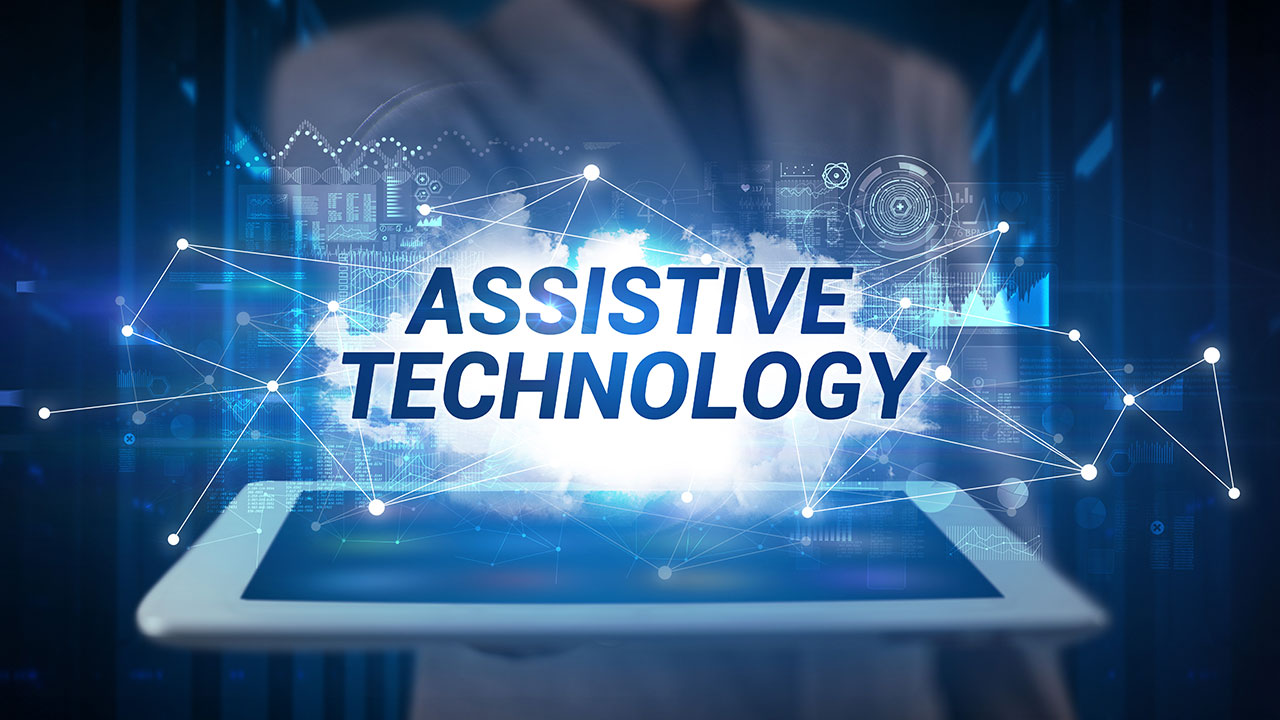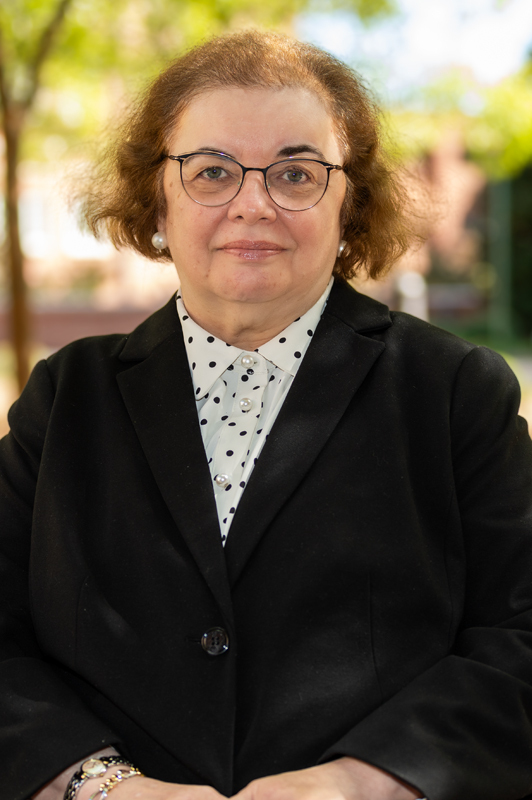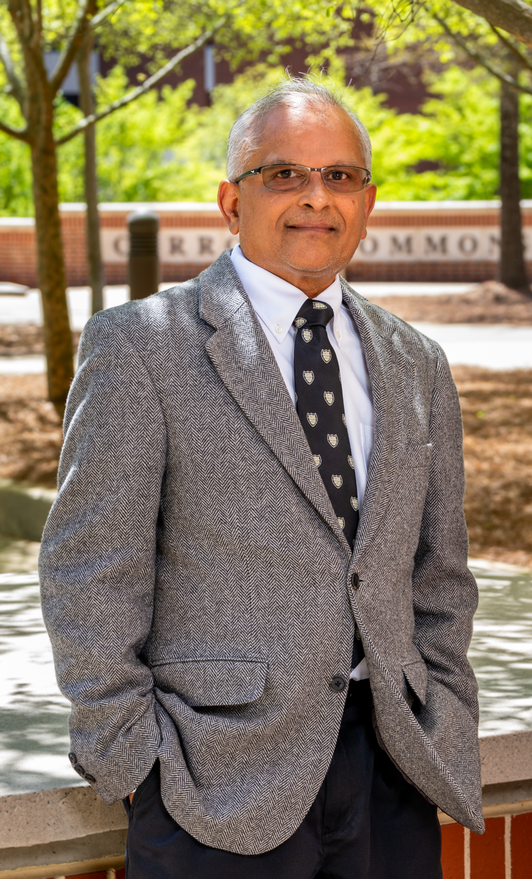Proposed course aspires to design and develop accessible and assistive computing systems
Published: Feb 15, 2024 9:00 AM
By Joe McAdory
Recent World Health Organization estimates reveal that persons with disabilities represent the largest minority group on earth. Furthermore, persons with disabilities who hold degrees in science and engineering experience higher unemployment rates than their peers, according to the National Center for Education Statistics.
Daniela Marghitu, director of Auburn University’s Laboratory for Education and Assistive Technology and faculty in the Department of Computer Science and Software Engineering (CSSE), not only recognizes the disparity – but is an advocate for change.
Marghitu has proposed a pilot course, “Designing and Developing Accessible and Assistive Computing Systems, Concepts, and Skills,” open to junior and senior CSSE students, that could take flight by 2025.
“This problem is very close to my heart,” said Marghitu, who wants to find computer solutions that target multiple physical impairments – visual, mobile and intellectual. “Trying to work without assistive technology can be very frustrating and many people cannot make the very best of their capabilities. Visual impairments are obviously a challenge, but we can find solutions to help. Mobility, specifically people in wheelchairs, is challenging while operating around the computing stations, but this can be resolved. For those with intellectual disabilities, we can provide adaptive learning techniques.”
CSSE Chair Hari Narayaran applauded Marghitu’s work and looks forward to seeing the course bear fruit.
“In step with the Auburn Creed’s line, ‘I believe in the human touch,’ Dr. Marghitu continues to find ways to improve the quality of life for all,” Narayanan said. “Accessible computing is critical for education and for the workforce, and I’m delighted that our department and the college are exploring how we can make assistive technology accessible to everyone through her efforts.”
According to her proposal, the new course — in association with the Auburn University Office of Accessibility, the Alabama Institute for the Deaf and Blind, and funding from the Association of Computing Machinery, the world’s largest educational and scientific computing society, and CSSE — would “provide a comprehensive knowledge foundation on universal design and accessibility and cover computational strategies for developing accessible and assistive computing systems.”
Universal design is an approach adopted by the technological world to ensure that all products and services are completely accessible.
“We have to train people with or without disabilities to understand universal design and programming modules for accessibility,” Marghitu said. “But also, when you design any kind of accessible software, hardware, or assistive technology, you must include persons — even maximize the number of persons — with disabilities in the process.”
The course will also require students to participate in group projects “to develop and evaluate an accessible computing system.” Such course directives might include:
- Submission of project proposals that describe the functionality of the specific computing system they want to develop
- Submission of in-depth technical proposals that describes the hardware and software components of the computing system
- Presentations at the conclusion of the semester
“This will help students to better understand the next generation of computing professionals, in understanding and implementing universal design and accessibility concepts, and skills in future computer systems,” Marghitu said. “In addition, we plan to conduct a workshop in collaboration with our partner universities and industries in the TAPDINTO-STEM project to discuss and disseminate the course, and findings after one or two pilot implementations of the course.”
Marghitu hopes her vision of assistive technology at Auburn transcends the original pilot course.
“My dream is that the College of Engineering will have a laboratory for assistive technology,” she said. “A place where students will feel fully comfortable with that topic, where students can meet with professors, or undergo further training, and a place where we can train faculty to work with disabled students in computer situations and they can better understand their needs.”
Media Contact: , jem0040@auburn.edu, 334.844.3447
Daniela Marghitu hopes the pilot course, open to juniors and seniors in computer science and software engineering, will take flight by 2025.



